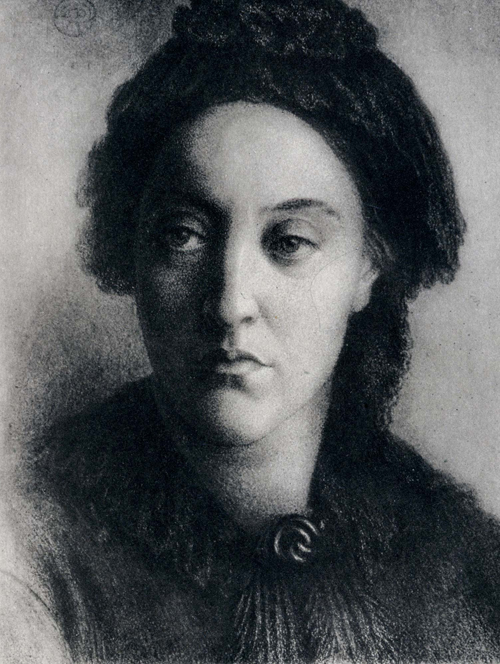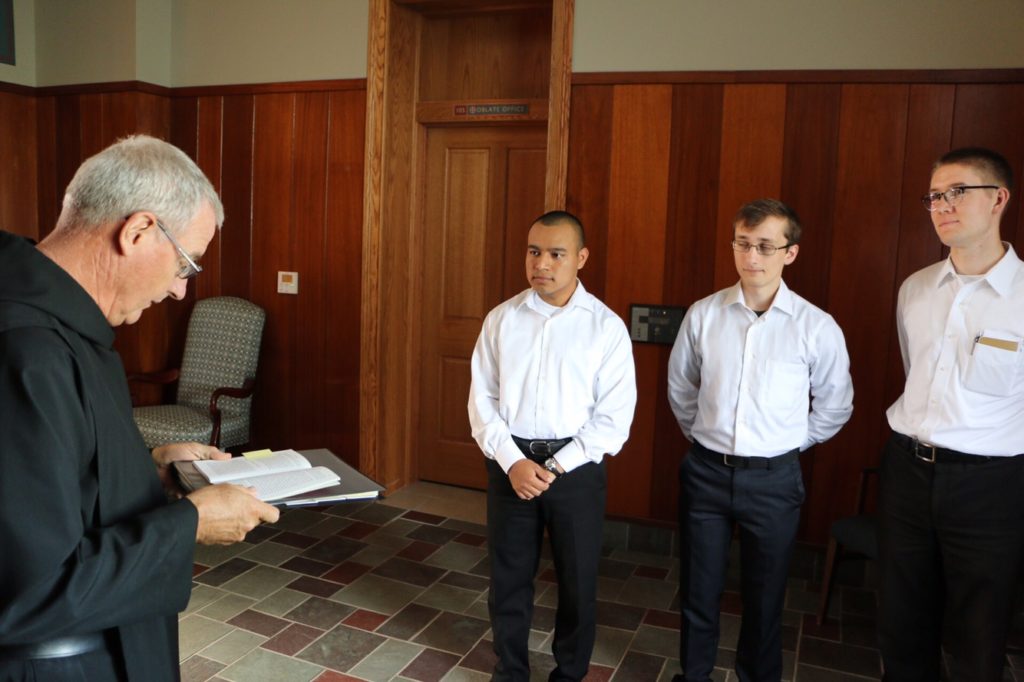Profession, whether simple or solemn, cannot be an end in an absolute sense. It is an end with regard to the past, it is a point of departure with regard to the future. And Paul insists on saying that we must be straining forward to what lies ahead. Th road that lies behind is to be forgotten: no more useless regrets, no more ‘if onlys’, no complacency about the spiritual riches we have accumulated.
In the presence of God, we are always unworthy servants, forgiven sinners, poor men. We are not to close our hands on empty space, but keep them open towards the Lord in order to receive the generosity of his love. We are sons and daughters to the extent which we are born of God; and we are born naked.
The power of forgetting is very important. It allows us to free ourselves of resentments and marks of honor, of defilements and external burdens from our past; in order to keep only what is inscribed in the essence of our beings, through which we are what we are now. Thus unburdened, we can run forward, agile and unattached, straining with all our efforts towards our end, in a manner that leaves all attainments behind, without ever pausing in this life: ‘Draw me after you, let us make haste’ (Song of Songs 1:4). Christ is always ahead of us. Union with God comes to us as a perpetual novelty, a beginning ever renewed. Supported as we are by the ladder that links earth to heaven, which Jacob saw, God calls us to ascend to him. The ladder is Christ, and each rung always leads to another above it. We are constantly at the beginning in respect to what is above us. ‘The Wound of Love’ A. Carthusian Miscellany








Recent Comments